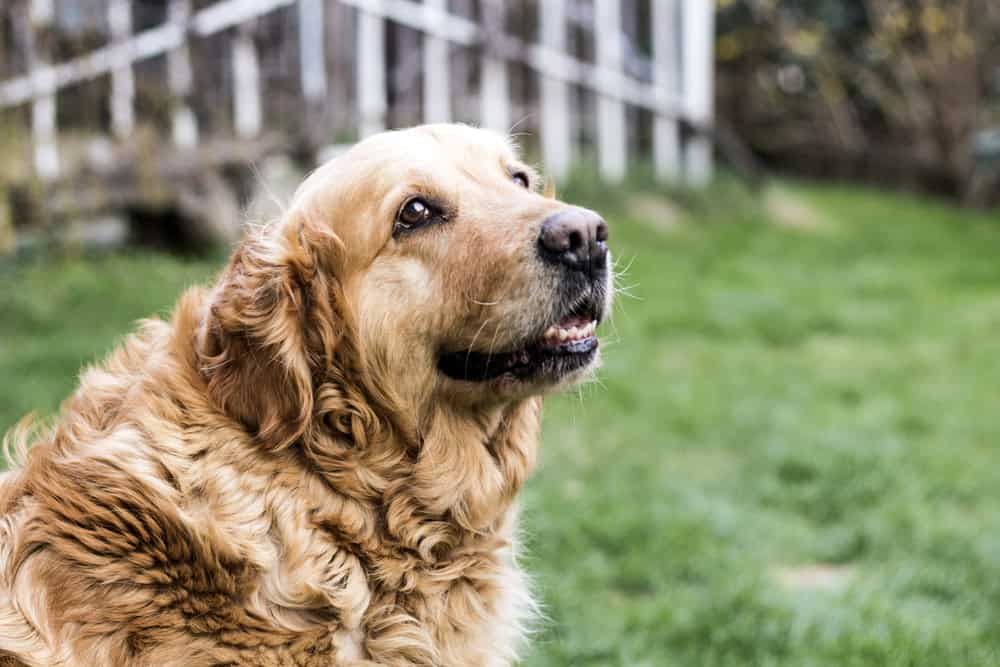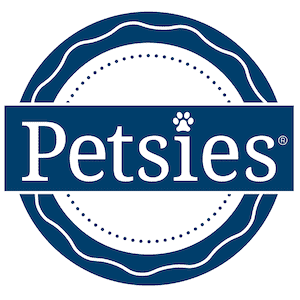We are a professional blog site that may receive compensation or free samples from the companies whose products and topics we write about. We are independently owned, and the opinions expressed here are of the writer. To read the full disclosure click here.
______________________________
Every animal goes through the natural process of aging and our pets are no exception. It is usually heartbreaking to see their quality of life and physiological health decline as they age. As it is only natural with aging, they need the extra care in order to have a good quality of life. With age, our pets lose their agility and are naturally not able to enjoy life as they used to do before.
There are many ways in which we can help our senior dogs have a better life as they age.
1. Allow your senior pet to be active
First off, it is important that you understand your dog will not be as active as before and could be quite slow and wobbly while walking. Yet, without pressuring your dog too much, let him take moderate exercises.
Light walks for about 15 minutes across a straight path generally helps a lot. If needed, take breaks in between. You can also take them swimming as it a very good form of exercise. Exercise is a very important aspect that affects the quality of life and it has various physiological benefits such as – keeping the muscles active keeps the body healthy overall.
2. Proper diet and nutrition are important
The importance of diet should never be underestimated. Make sure your senior dog gets a diet that contains all the essential nutrients required to support him. Consider whether probiotics are present in your dog’s food. Probiotics are important in promoting your dog’s gut health. About 80% of a dog’s immunity lies in the gut and older dogs have extremely sensitive stomachs.
Here are some of the ingredients that you might want in your dog’s food:
-
- Antioxidants: To fight cancer and improve metabolism
-
- L-carnitine: To prevent weight gain
- L-lysine and Taurine: To help with strong muscles and bones
In addition, also look out for food which is rich in Omega fatty acids because they are extremely beneficial for your dog. Omega has many health benefits for dogs including reducing the effects of allergies and promoting healthy brain, skin, and eyes. Finally, keep in mind that food with whole animal products should be given preference while choosing a food for your dog.
3. Dental health is important for senior dogs
It is important to take care of the dental health of your senior dogs. According to Dr. Jen Emerson-Mathis DVM, CVJ, “Pets with regular dental care live an average of 2 years longer when compared with pets that don’t. Just as with people, there is a link between other diseases such as heart disease in pets with poor dental health”.
Check your senior dog for symptoms of periodontal infections like problems chewing and bad breath from your dog’s mouth. If you notice any of these symptoms, make sure to consult your vet. Dental infections can be painful for your senior dog, so make sure to take proper care and keep their mouth clean.
4. Check your dog’s hearing
As dogs, age, their hearing also reduces in comparison to before. Your dog may become slow and will get frightened if they are startled by a sudden presence of any other being. If your dog has gone through hearing loss, make sure not to startle him suddenly.
5. Keep your pet in a controlled temperature
Like humans, dogs become sensitive to the temperature around them. They may suffer from heat strokes in very hot weather, and in cold weathers, they may suffer from hypothermia. Though young dogs may suffer too, senior dogs are more susceptible and must be taken extra care of. During summer, make sure to give them plenty of water for hydration and keep them indoors. During winter, keep them indoors and provide them with warm beds.
6. Ease your senior dog’s anxiety
You may notice your dog suffering from anxiety and nervousness as they age. They could become more irritable and require more attention. Do not turn them away give them your attention and love.
Visit your vet and talk to them about what medications you can give your dog for anxiety. Also, remove anything from the environment of your house that could cause a disturbance. At home, you can also pet your dogs and turn on soft and soothing music to help them relax.
7. Watch for coughing
When younger dogs have a cough, it can be related to common colds. In the case of senior dogs, it could mean lung or heart diseases. If you see your dog has been coughing more than usual recently, take him to the vet immediately and get a checkup.
8. Check your senior pet’s eyes regularly
Watch out for any abnormalities in your dog’s eyes, such as the clarity and brightness. If you notice light color hues, your dog may have developed eye problems. One such disease is Lenticular Sclerosis. Eye problems may prevent them from being able to see clearly. If you notice they are bumping into things more than usual, it is time to pay your vet a visit.
9. Check for Lumps
According to pet experts, you should regularly touch across your dog’s body to check for any kind of extra lumps under the skin. If you notice that the lumps are soft, it is not very dangerous. If you see that the lump is hard, it may be a sign of cancer and is of major concern. Pay your vet a visit to understand the root cause.
10. Make a comfortable environment for your pet
Make sure that your dog has a safe, warm and comfortable environment at home. For example, if he is suffering from wobbly feet, get a ramp that will help him to walk up to areas which are a bit higher, or a bed with proper foam that will support his orthopedic health.
These are just a few tips that you can apply when it comes to caring for your senior dog. It’s important to understand that senior dogs just like humans require a lot of extra and special love care and attention. They certainly deserve wonderful care when they are in need.
Author Bio: Shawn Jackson is a full-time content writer at FeedFond. He is a proud parent of two German Shepherd dogs and he loves sharing his experiences to the internet.





